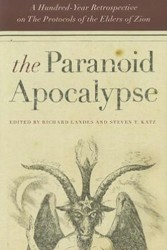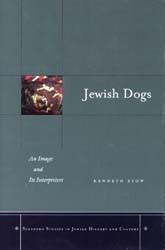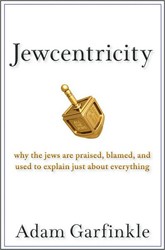This is an exceptionally well researched volume intended for a specialist audience. However, any reader seeking a glimpse of the mindset of German Jewry in the years leading up to the Final Solution will find the rich array of documents and correspondence in this volume to be of great interest. The authors, both distinguished Holocaust scholars, have made a major contribution to the field with the release of this painstakingly researched work.
The documents and correspondence are assembled in a well-organized manner beginning with the rise of Nazism and ending with Kristallnacht and its consequences. The authors provide valuable context and explanation before and after the document entries.
Each reader will bring their own specific interest to this reference work and use a given document or series of documents in support of a particular perspective on the evolution of the Shoah. An arresting example of the denial of impending doom can be seen in a letter in which a Jewish writer from Meckenheim expresses initial relief that Nazis had stopped singing the infamous song which exclaimed “when Jewish blood spurts from the knife” out of consideration for the local populace! The letter goes on to lament that the singing has resumed each night with the new lyrics: “hang the Jews.” This is but one of hundreds of examples illustrating the responses of German Jewry to the grave existential threats that the frightened and confused victims did not know would become reality.
Jewish Responses to Persecution provides powerful examples of denial and rationalization as defenses in the face of overt hatred, acts of violence and recurrent threats of genocide in the years 1933 to 1938. Death anxiety triggered a full spectrum of responses ranging from irrational optimism to realization of looming catastrophe to suicide with each illustrated by a particular entry.
One can only hope that a similar compilation of documents, emails and text messages from contemporary Israelis would reflect a very different response to the Iranian nuclear program and the repeated calls for the destruction of the Jewish State. This book is laudable as a scholarly addition to the documentary history of the Holocaust as well as an unintended and tragic reminder of the mortal dangers that stem from a disbelieving, defenseless, and unarmed Jewish population facing genocidal anti-Semitism. Abbreviations, bibliography, chronology, glossary, index, list of documents.





